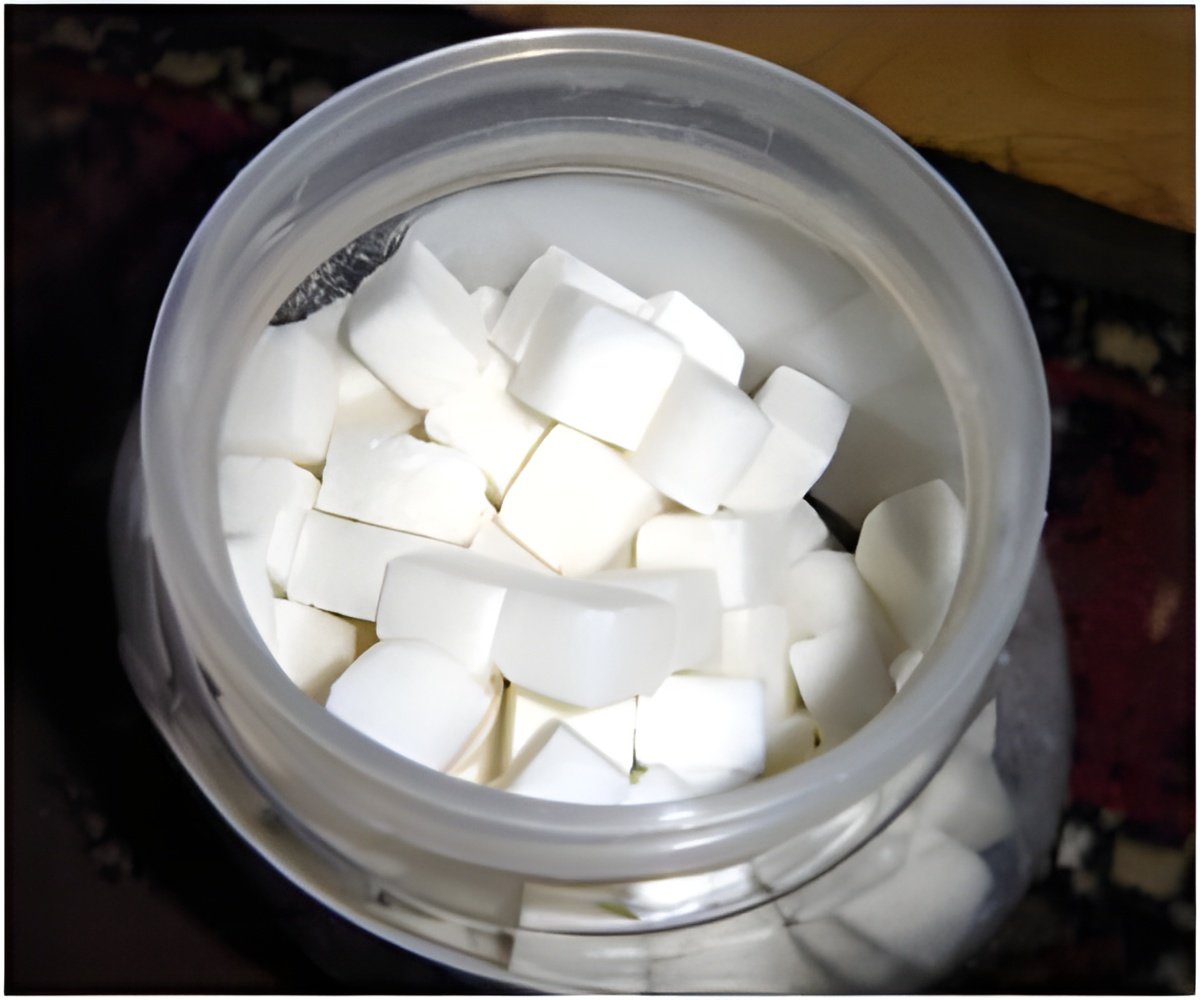
The researchers previously modeled the national health effects of a penny-per-ounce tax over the course of 10 years and found that it would reduce consumption among adults by 15 percent, modestly lower the prevalence of diabetes and obesity and prevent tens of thousands of coronary heart events, strokes and premature deaths. The new study considered a range of reductions in sugary beverage consumption among Californians.
In the new study, assuming a decline of 10 to 20 percent in the consumption of soda and other sugary beverages from the tax, researchers concluded that new cases of diabetes and coronary heart disease would drop statewide, and those health benefits would be greatest in poor and minority communities. The analysis, published Dec. 11, 2013 in the online journal PLOS ONE, predicted that overall, one in 20,000 Californians would avoid diabetes. This estimate would double for Hispanics and poor Californians and triple for African Americans.
"Poor and minority communities in California and nationally have very high rates of diabetes, a chronic condition with potentially devastating health complications," said Kirsten Bibbins-Domingo, MD, PhD, UCSF professor of medicine and director of the UCSF Center for Vulnerable Populations at San Francisco General Hospital and Trauma Center. "Although many steps are needed to reverse the rising diabetes trends in the state, our study suggests that efforts to curb sugary beverage consumption can have a significant positive impact, particularly in those most likely to be affected."
More than 10 million Californians drink at least one sugar-sweetened beverage, such as soda, fruit punch or sports drinks, every day, and surveys show that blacks, Hispanics and the poor consume more of their daily calories from sugar-sweetened beverages than whites and those in higher income brackets. Higher sugar intake is associated with a variety of health risks, including type 2 diabetes, obesity, high blood pressure and coronary heart disease.
Many of the predicted health benefits from cutting consumption of sugary beverages depend on the assumption that people will not replace those calories by eating and drinking more of other things. Given this, researchers examined three different scenarios: that none of the calories would be replaced, that about 40 percent of the calories would be replaced and that all of the calories would be replaced.
Advertisement
"Drinking sugary beverages increases the risk for obesity and diabetes," said Claire Wang, MD, ScD, co-director of Columbia's Obesity Prevention Initiative. "This hurts our communities and burdens our healthcare system."
Advertisement
Source-Eurekalert



![Pulmonary Arterial Hypertension [PAH] - Symptoms & Signs - Causes - Diagnosis - Treatment Pulmonary Arterial Hypertension [PAH] - Symptoms & Signs - Causes - Diagnosis - Treatment](https://www.medindia.net/images/common/patientinfo/120_100/pulmonary-arterial-hypertension-pah.jpg)









